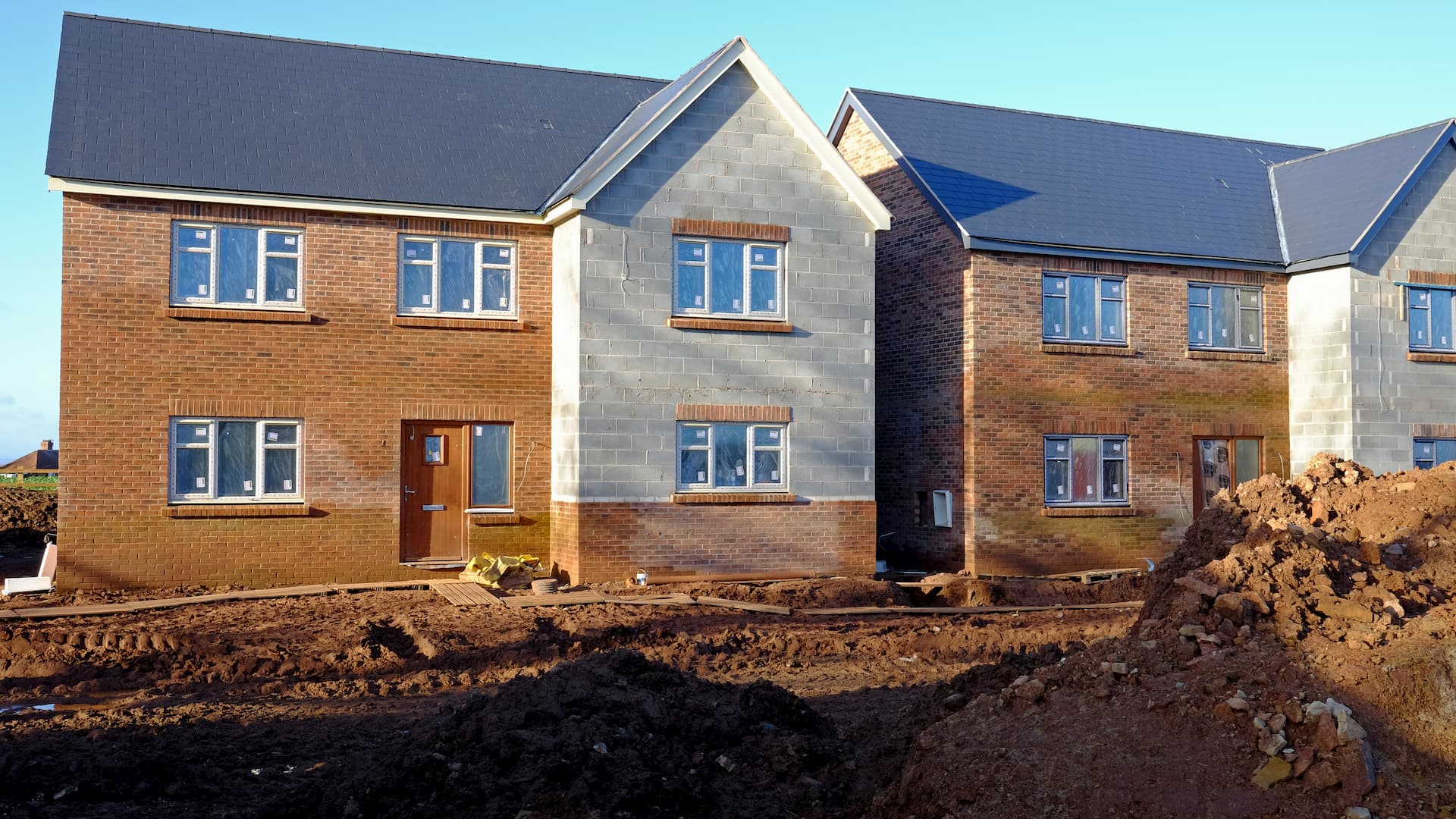


Landlords show more interest in HMOs
Amid fears that more Buy-To-Let (BTL) landlords are considering leaving the Private Rental Sector (PRS) in 2020, comes a new report highlighting a growing interest in investing in Homes of Multiple Occupation (HMOs). The higher potential yields that are typically available from HMO investments suggests that even if some landlords do exit the PRS, there is still the potential for a good Return on Income from the property investment and BTL industry to encourage others to enter the market or expand their portfolios.
According to recent research, the proportion of existing landlords planning to buy an HMO has more than doubled. Meanwhile, the survey results from Paragon’s fourth quarter PRS Trends report also show a mild improvement in overall landlord confidence.
HMOs attracting greater landlord interest
The Paragon Q4 report shows that 31% of landlords surveyed said they plan to buy HMO’s in the coming months, that’s up from just 12% in the Q3 survey.
One of reasons more landlords and property investors might be showing increased interest in HMO’s due to the higher average yield they deliver. According to Paragon, the average HMO yield is 6.5%, that compares with a property-type-wide average yield of 5.6%.
“The private rented sector needs to grow to meet increasing levels of tenant demand and it’s clear that portfolio landlords will drive that growth,” said Richard Rowntree, director of mortgages at Paragon. “Not only are they looking to build their portfolios, they are also looking at more complex types of property that will deliver higher yields, such as HMOs.”
However, the higher potential yield comes at the cost of HMOs being a slightly more complex rental property structure to manage. For those landlords who already have experience in HMO management, there won’t be any real surprises.
But, for existing landlords who haven’t managed HMO’s there are some different rules to adhere to, including registration with the local council. All the information is available and with the support of the right estate or letting agent, most landlords should soon be confident with their HMO investment.
Will more HMO interest mean fewer family home to rent?
While its no secret that more HMO rental options would be good news for single or group renters, its not something that would satisfy the ongoing need for family rental accommodation. With much discussion over the fact that some landlords are considering selling up and exiting the PRS market, there are likely some fears for what that means for families and couples who prefer a more traditional home to rent.
Although family homes might not be as potentially profitable as HMOs, what they lack in yield they often make up for in long-term tenants. That’s because, once they find the right property in the right area, many families who rent want to stay put. For PRS landlords who are keen on maintaining a yield they’re comfortable with while gaining the comfort of longer-term tenants for their investment, this option is still an attractive one.
It does appear, though, that even though there is an increase in interest in HMO’s from investors, overall, confidence among landlords is on the up.
“Although still fragile, hopefully we are starting to see some green shoots with regards to landlord confidence,” Rowntree said. “Landlords have encountered significant regulatory and fiscal changes in recent years and we hope to now enter a more settled period.”



